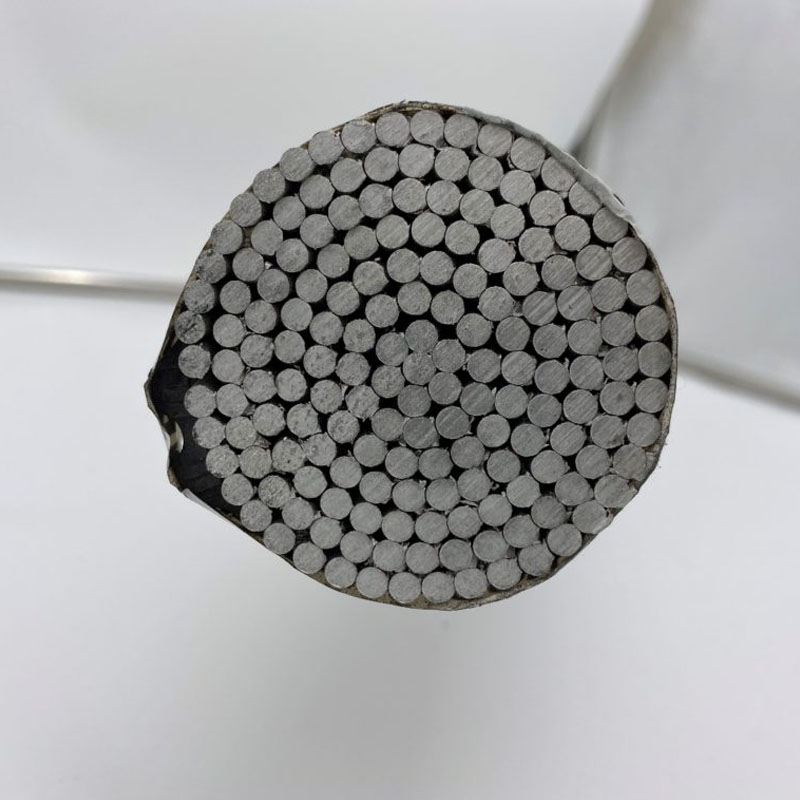
Understanding CE Certification H07RN-F 2 Core Cables and Their Applications in Various Industries
Understanding CE Certification for H07RN-F2 Core Cables
The CE certification is a crucial marking for products sold within the European Economic Area (EEA), indicating that they have been assessed and meet EU safety, health, and environmental protection requirements. Among various electrical products, H07RN-F2 core cables are significant in industrial and residential applications, and understanding the CE certification process for these cables is essential for manufacturers, suppliers, and end users.
What is H07RN-F2 Cable?
H07RN-F2 cable is a type of rubber-insulated flexible cable commonly used in environments that require high flexibility, resistance to harsh conditions, and enhanced durability. The H07RN-F designation stands for Harmonized, Rubber, with N indicating it is suitable for outdoor use, and F denoting flexibility. The number 2 in F2 represents the number of cores, typically used for applications requiring more than a standard single-phase supply.
Typically, H07RN-F2 cables feature a rubber sheath that offers excellent resistance to moisture, mechanical stress, and varying chemical substances, making them ideal for construction sites, agriculture, and other demanding environments. The cables can handle significant temperature fluctuations and maintain performance under extreme conditions, which is vital for safety and reliability.
Importance of CE Certification
CE certification for H07RN-F2 cables is essential as it assures customers and users that the product meets rigorous EU standards. This certification ensures compliance with directives such as the Low Voltage Directive (LVD), the Electromagnetic Compatibility (EMC) Directive, and the RoHS Directive, which relates to the restriction of hazardous substances.
Having CE certification means that the manufacturer has tested the cables for electrical safety and environmental impact. This includes aspects such as the cable's insulation integrity, resistance to heat, and the absence of harmful substances like lead or cadmium. The certification process often involves rigorous testing and inspection, conducted by independent bodies, to guarantee that the product meets all applicable standards before it can be sold in the market.
ce certification h07rn f 2 core

Benefits of Using CE Certified H07RN-F2 Cables
1. Safety Compliance CE certification significantly reduces the risk of electrical hazards, ensuring that H07RN-F2 cables can safely conduct electricity without posing a threat to users or the environment.
2. Market Access Products bearing the CE mark can be freely sold within the EU, enabling manufacturers to access a broad market, thus fostering business growth.
3. Consumer Confidence The presence of the CE mark enhances consumer trust, as customers are more likely to purchase products that comply with recognized safety standards.
4. Legal Protection In case of product malfunctions or safety issues, having CE certification helps manufacturers demonstrate their commitment to safety and compliance, providing an essential layer of legal protection.
Conclusion
In summary, CE certification for H07RN-F2 cables is a vital consideration for anyone involved in the manufacture, distribution, or use of these products. It signifies adherence to stringent EU safety, health, and environmental standards, ensuring that these cables can be used in various applications without compromising safety or performance. For consumers, opting for CE certified products means investing in quality and reliability, while manufacturers benefit from enhanced marketability and consumer trust. Thus, understanding the significance of CE certification in the context of H07RN-F2 cables is essential for promoting safety and compliance in electrical applications.
-
Reliable LIYCY Cable Solutions for Low and Medium Voltage ApplicationsNewsJul.14,2025
-
Premium Overhead Electrical Wire Solutions for Low and Medium Voltage ApplicationsNewsJul.14,2025
-
Innovative XLPE Electrical Cable Solutions for Modern Low and Medium Voltage NetworksNewsJul.14,2025
-
High-Quality Ethylene Propylene Rubber Cable – Durable EPDM Cable & 1.5 mm 3 Core OptionsNewsJul.14,2025
-
Exploring the Versatility of H1Z2Z2-K 1X4mm2 Cables in Modern ApplicationsNewsJul.14,2025
-
Uses of Construction WiresNewsJul.14,2025
-
Types of Neoprene CableNewsJul.14,2025














